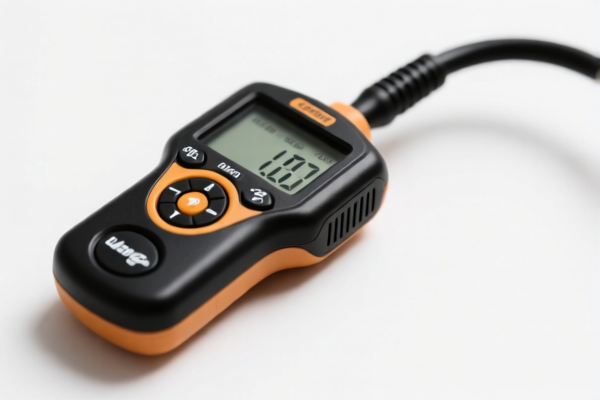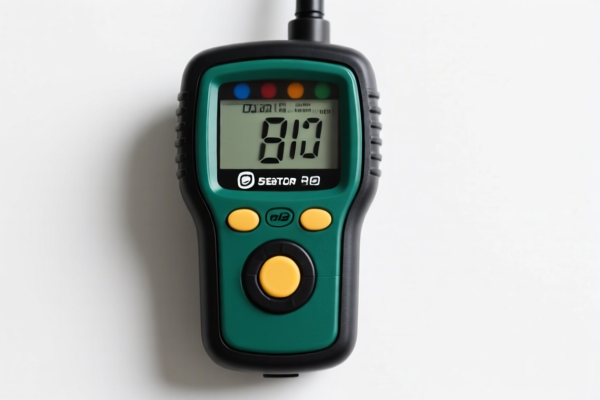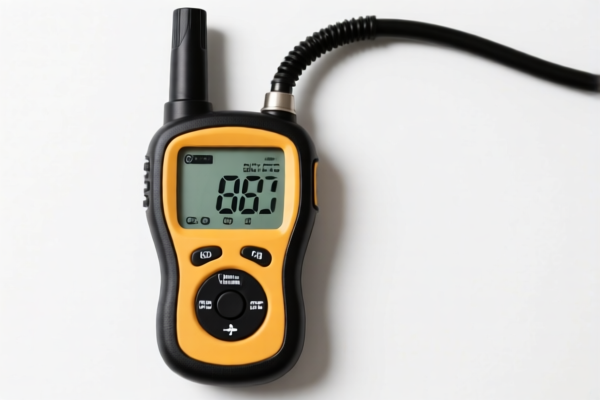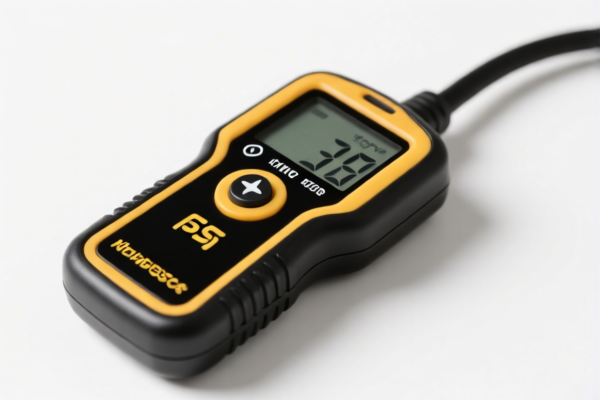| HS Code | Official Doc | Tariff Rate | Origin | Destination | Effective Date |
|---|---|---|---|---|---|
| 9026802000 | Doc | 55.0% | CN | US | 2025-05-12 |
| 9015806000 | Doc | 55.0% | CN | US | 2025-05-12 |
| 9028100000 | Doc | 16¢ each + 2.5%+55.0% | CN | US | 2025-05-12 |
| 9032896075 | Doc | 56.7% | CN | US | 2025-05-12 |
| 8543708000 | Doc | 55.0% | CN | US | 2025-05-12 |




HS Code Classification & Duty Analysis for "GAS TESTER"
Based on the provided information, here's a breakdown of the HS codes potentially applicable to "GAS TESTER", along with a detailed analysis of each. It's important to note that the most accurate HS code depends on the specific features and function of the gas tester.
Important Note: The 2025.4.2 tariff changes refer to potential increases in additional tariffs. It's crucial to stay updated on these changes as they approach.
1. HS Code: 9026.80.20.00 – Instruments for Measuring/Checking Variables of Gases (Electrical)
- Chapter 90: Optical, precision, measuring, checking, physical or chemical analysis, processing meters and apparatus; parts and accessories thereof. This chapter covers a wide range of instruments used for scientific and technical purposes.
- 9026: Instruments and apparatus for measuring or checking the flow, level, pressure or other variables of liquids or gases. This is a key heading for gas testers.
- 9026.80: Other instruments and apparatus. This sub-heading covers instruments not specifically classified elsewhere within 9026.
- 9026.80.20.00: Electrical. This further specifies that the instrument is electrically powered.
Duty Information:
- Basic Duty: 0.0%
- Additional Duty: 25.0%
- Post-April 2, 2025: Additional Duty increases to 30.0%
- Total Duty: 55.0%
Considerations: This HS code is suitable if the gas tester primarily measures gas flow, pressure, level, or other variables and is electrically operated.
2. HS Code: 9015.80.60.00 – Surveying/Meteorological Instruments (Other)
- Chapter 90: (Same as above)
- 9015: Surveying (including photogrammetrical surveying), hydrographic, oceanographic, hydrological, meteorological or geophysical instruments and appliances.
- 9015.80: Other instruments and appliances.
- 9015.80.60.00: Other: Seismographs. While this specifically lists seismographs, it's included as a broader "other" category.
Duty Information:
- Basic Duty: 0.0%
- Additional Duty: 25.0%
- Post-April 2, 2025: Additional Duty increases to 30.0%
- Total Duty: 55.0%
Considerations: This HS code might be applicable if the gas tester is used for environmental monitoring or geophysical surveys involving gas detection. It's less likely if it's a standard industrial gas tester.
3. HS Code: 9028.10.00.00 – Gas Meters
- Chapter 90: (Same as above)
- 9028: Gas, liquid or electricity supply or production meters.
- 9028.10.00.00: Gas meters. This is specifically for meters used to measure the quantity of gas supplied or produced.
Duty Information:
- Basic Duty: 16¢ each + 2.5%
- Additional Duty: 25.0%
- Post-April 2, 2025: Additional Duty increases to 30.0%
- Total Duty: 16¢ each + 2.5% + 55.0%
Considerations: This HS code is appropriate if the gas tester is used for billing purposes or measuring gas consumption.
4. HS Code: 9032.89.60.75 – Automatic Regulating/Controlling Instruments (Other)
- Chapter 90: (Same as above)
- 9032: Automatic regulating or controlling instruments and apparatus.
- 9032.89: Other instruments and apparatus.
- 9032.89.60.75: Other: Process control instruments and apparatus: Other: Other. This is a broad "catch-all" for process control instruments.
Duty Information:
- Basic Duty: 1.7%
- Additional Duty: 25.0%
- Post-April 2, 2025: Additional Duty increases to 30.0%
- Total Duty: 56.7%
Considerations: This HS code could be used if the gas tester automatically controls a gas-related process (e.g., shutting off a gas supply based on detected levels).
5. HS Code: 8543.70.80.00 – Electrical Machines/Apparatus (Other)
- Chapter 85: Electrical machinery and equipment.
- 8543: Electrical machines and apparatus, having individual functions, not specified or included elsewhere in this chapter.
- 8543.70: Other machines and apparatus.
- 8543.70.80.00: Other: Microwave amplifiers. This is a specific listing, but included as a broader "other" category.
Duty Information:
- Basic Duty: 0.0%
- Additional Duty: 25.0%
- Post-April 2, 2025: Additional Duty increases to 30.0%
- Total Duty: 55.0%
Considerations: This HS code is less likely unless the gas tester incorporates a specialized electrical component with a specific function not covered elsewhere.
Recommendations:
- Detailed Product Specification: Provide a detailed specification of the gas tester, including its primary function, measurement parameters, control capabilities, and any specialized features.
- Material Composition: Confirm the material composition of the gas tester.
- Single Price & Quantity: Provide the single price and quantity of the gas tester.
- Certification: Determine if any specific certifications (e.g., ATEX for hazardous environments) are required for the gas tester.
- Intended Use: Clarify the intended use of the gas tester (e.g., industrial safety, environmental monitoring, billing).
By providing this information, we can accurately determine the correct HS code and ensure compliance with all applicable import regulations. It's always best to consult with a customs broker for final classification.
Customer Reviews
The information is there, but I had to read a lot to find the right HS code. Maybe a more straightforward way to filter the options based on the product's use would help.
I found the 9032.89.60.75 code explanation really helpful. The site clearly explained how the additional duty increases after April 2, 2025, which is critical for my business planning.
The duty calculation for 9028.10.00.00 was detailed, but I wish there was a comparison chart for all the HS codes listed. Still, very useful for understanding the tariffs.
This site gave me the exact HS code I needed for my gas tester. The breakdown of the 9026.80.20.00 code was clear and helpful for exporting to the US.